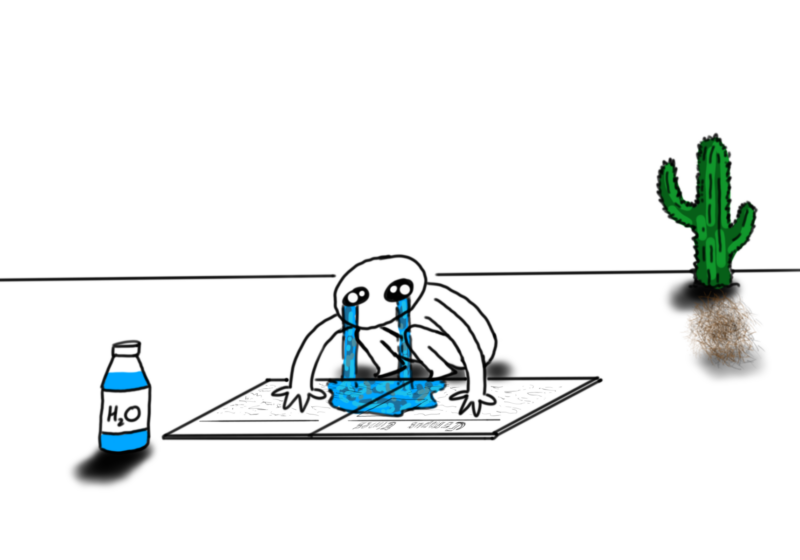The Rwandan community in and around Rochester came together this past Saturday to honor “Kwibuka” — the name given to the annual commemoration of the 1994 genocide against Tutsis in Rwanda.
The genocide, which killed over a million Tutsis in 100 days, struck 24 years ago. Although many students were not directly affected the genocide, the intergenerational trauma Rwanda’s current youth feels was discussed at length at the ensuing panel discussion in Dewey Hall.
First-year Lyse Mugeni noted that her generation was “born to parents who are broken.”
Senior Ian Manzi agreed, saying that in his family “every April, things change.” One profound effect of the genocide on his life has been the orphans it created, said Manzi. His parents looked after 15 kids while he grew up but were unable to explain to him why so many of his cousins did not have their own parents.
The ceremony also included candle-lighting to honor some of the fallen victims. Names were called from a list that included family members of UR students that had been lost, as well as other genocide victims.
Many survivors admitted that the genocide felt “like just yesterday” — including Consolée Nishimwe, whose moving testimony comprised the bulk of the ceremony.
“Somehow when you survive, things keep happening,” Nishimwe said, who considers herself fortunate to have survived with a parent, unlike so many others.
Fourteen at the time, Nishimwe “never thought [she] would go into hiding for 3 months.” But that is what happened. She hid in the fields while killers looked for her and her family, calling them “cockroaches.” She stayed hidden when her terrified aunt tried to run and was killed. Later, she hid again in a ceiling while listening to killers boast about murdering her father.
This violence was committed by people who knew her and her family. A close friend of the family, who happened to be Hutu (the ethnic group whose extremists persecuted Tutsis), was even among the men who slaughtered her three younger brothers.
Sexual violence was another weapon used to subdue the Tutsis in this time, and Nishimwe suffered this too, being dragged, beaten in a corner, raped, and abandoned there. Later she discovered the encounter had left her HIV positive.
In spite of all this, she survived.
Nishimwe wishes for herself and fellow survivors that they get the chance to be happy for the remainder of their lives and encouraged the audience to “never lose hope.”
This matched the tone of the ceremony — still hopeful. In addition to the resilience of the attending survivors, the younger panelists noted that many of their peers felt secure in their identity, not as Tutsis or Hutus, but as Rwandans.
Genocide survivor Drocella Nyiratunga, who was also on the panel, thought forgiveness and cooperation would be possible among the younger generations.
Panelist Professor Kristin Doughty, who has done research in Rwanda for 16 years, agreed with her, though adding that it was a “long, slow process” with “no simple answer.”
Rwanda has also made great strides in economy and government since then.
“In 1994, many thought Rwanda was going to be a failed state, but today it is exemplary,” said President of the Rwandan Diaspora Aimable Twagilimana in his closing remarks.
He went on to cite Rwanda’s high percentage of women in government and environmental cleanliness as examples.
“There is a certain “ubudasa” (uniqueness) to Rwanda now,” Twagilimana continued, which he said comes from its ability to reconcile genocide survivors with genocide perpetrators.
Junior Derrick Murekezi, who helped organize the event, said his emotions were “difficult to explain” once it was over.
“You can never get used to it because you get to hear unique stories every year,” said Murekezi, who is from Rwanda.
Murekezi remains dedicated to helping his country heal and partners with Manzi to run an organization called Critical Thinking for Peace, which works with over 20 schools in Rwanda to equip young people with skills in dialogue, critical thinking, and community service.
“It is important for us as young people to go out there and start building our country,” Manzi said. “We are the next chapter in the story.”




